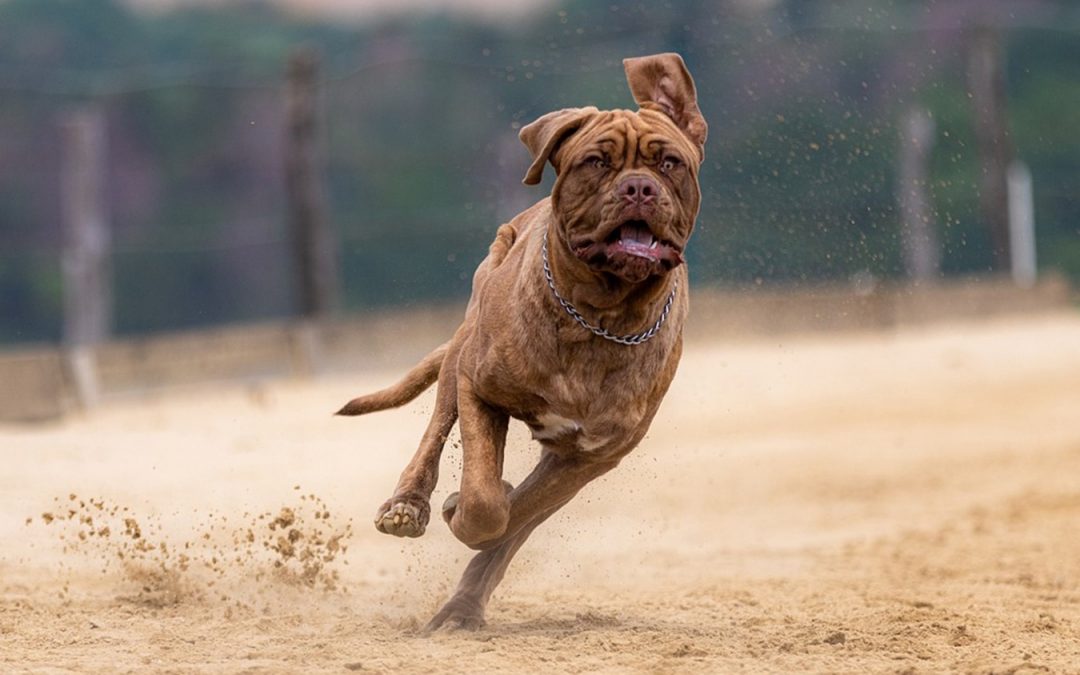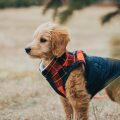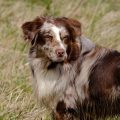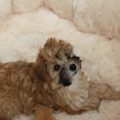Mastiff pups are full of life which is why you need to ensure that your homes have puppy – proof before they even arrive. If you acquire your pup from a responsible breeder, then expect that he/ she will always be confident, outgoing, curious and friendly. That being said, pups usually feel vulnerable when they leave the litter so make sure to take that into account.
It’s always best to pick a pup when you or your family members are present for a week or so because the puppy will need time to settle in. Make sure that you put away any harmful tools or dangerous spots that might injure them such as cables, electric wires, toxic plants, small toys etc.
Pups need to sleep for them to properly develop and grow, so you need to set up a nice quiet area that’s not too far from where you/ your family are. It’s important to not disturb them while they’re sleeping. It’s also a good idea to keep playtime calm when they’re inside the house, and give them an opportunity to have an active playtime outside their gardens so that your pups will learn to behave inside.
When it comes to finding a breeder, make sure that documentation is provided for a puppy. It should include details such as worming date, information relating to their micro – chip, vaccines, food etc.
Things you’ll need for your puppy
There are various items that new keepers need to prepare prior to bringing a new Mastiff pup home. It’s often a good idea to also restrict the space where the pup plays in so that you can keep an eye on them. You may need to invest in puppy gates or a large enough play pen that will allow them to have some freedom while staying safe. Some puppy items include:
- Puppy gates
- Large enough playpen
- Various well – made toys that should include good quality chews that are suitable for pups to gnaw on. Keep in mind that a pup will start teething anything when they reach around 3 to 8 months old.
- Good quality water and feed bowls. Ideally it should be ceramic and not made out of metal or plastic
- Grooming gloves
- Soft bristle brush or slicker brush
- Dog toothbrush and toothpaste
- Scissors have rounded ends
- Nail clippers
- Puppy shampoo and conditioner
- Quality harness or dog collar
- Strong dog leads
- Quality bed that’s the appropriate size
- Well – made dog crate that your pup can use at home and in the car which is also large enough for the pup to move around
- Baby blankets that you can put in your pup’s crate and beds so that they’ll be comfy when they take a nap or go to sleep at night






 Author and long-time animal lover. Sharing knowledge on pet care through experience and the written word.
Author and long-time animal lover. Sharing knowledge on pet care through experience and the written word.